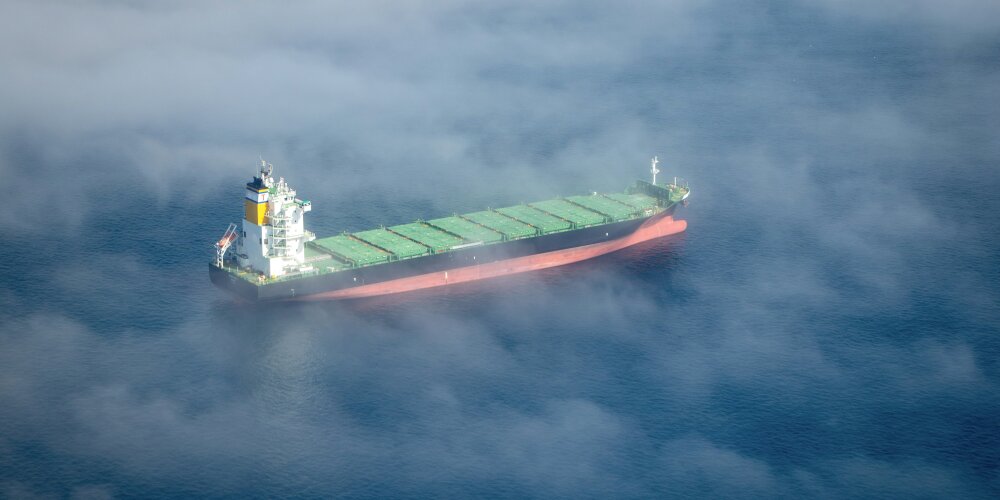Browse our services
Explore how Brookes Bell can help you
Find an expert
Meet our team, find and expert and connect
Contact us
Get in touch, we're here to help

Finland’s ferry operator Wasaline has announced the launch of the Baltic Sea’s first carbon-neutral international shipping route, five years ahead of its original 2030 target.
The operator has signed a long-term biogas supply agreement with Finnish energy company Gasum and entered into a FuelEU Maritime pooling arrangement with Stena Line, allowing its RoPax vessel Aurora Botnia to run exclusively on renewable bio-LNG and battery power.
“With this unique collaboration with Stena Line and Gasum, Wasaline can achieve carbon neutrality already now as a forerunner for the industry,” said Managing Director of Wasaline, Peter Ståhlberg. “This also means that all cargo and passengers travelling with Wasaline are sustainable with no additional extra charges for being carbon neutral”.
Daily sailings between Vaasa in Finland and Umeå in Sweden will operate on certified bio-LNG, sourced from waste-based feedstocks including biowaste, sewage sludge, manure and agricultural side-streams.
DNV, which supports the Nordic Roadmap for Green Shipping Corridors, has recognised the route as the world’s first fully operational international green corridor.
Gasum’s bio-LNG offers life-cycle greenhouse-gas emissions reductions of around 90% compared with conventional marine fuels, aligning with the EU’s FuelEU Maritime requirements for non-fossil fuel use in shipping.
The 24,300 gt Aurora Botnia entered service in 2021, measures 150 metres in length, and can carry up to 1,500 lane metres of trucks and cars while accommodating 935 passengers. Powered by dual-fuel Wärtsilä 31DF engines, the vessel can burn conventional marine fuels, liquefied natural gas (LNG) or liquefied bio-LNG.
It was fitted with a 2.4 MWh battery system at launch and is scheduled to receive an additional 10.4 MWh of battery capacity by January 2026, bringing the total on-board energy storage to 12.6 MWh, the largest battery pack ever installed on a RoPax.
An integrated Wärtsilä energy-management system allows for seamless switching between fuel modes and battery-only operation for low-speed transits and harbour manoeuvres, minimising emissions during port approaches and departures.
“By integrating Aurora Botnia into Stena Line’s FuelEU Maritime pool, we gain access to biogas previously unavailable for Stena Line, which enables further emission reductions for the entire pool, lowers fuel costs, and strengthens our strategic position as biofuels become increasingly scarce under more stringent regulations,” said CEO of Stena Line, Niclas Mårtensson.
Aurora Botnia’s success has also prompted ACUA Ocean and Connected Places Catapult to study similar hybrid deployments on other ferry routes.
Brookes Bell combines an unrivalled depth-of-expertise, a multidisciplinary team of industry-leading experts, a truly global footprint, and a keen eye for competitive project costings, to offer an unmatched range of marine services.
For more information, contact our team today.
For more maritime industry insights, news and information, read the Brookes Bell News and Knowledge Hub…
Local Diver Discovers 140-Year-Old Wreck of Steamship Nantes off Plymouth | Baltic Ban on Wastewater Discharge Comes Into Effect | UK Government to Introduce High Seas Treaty Legislation